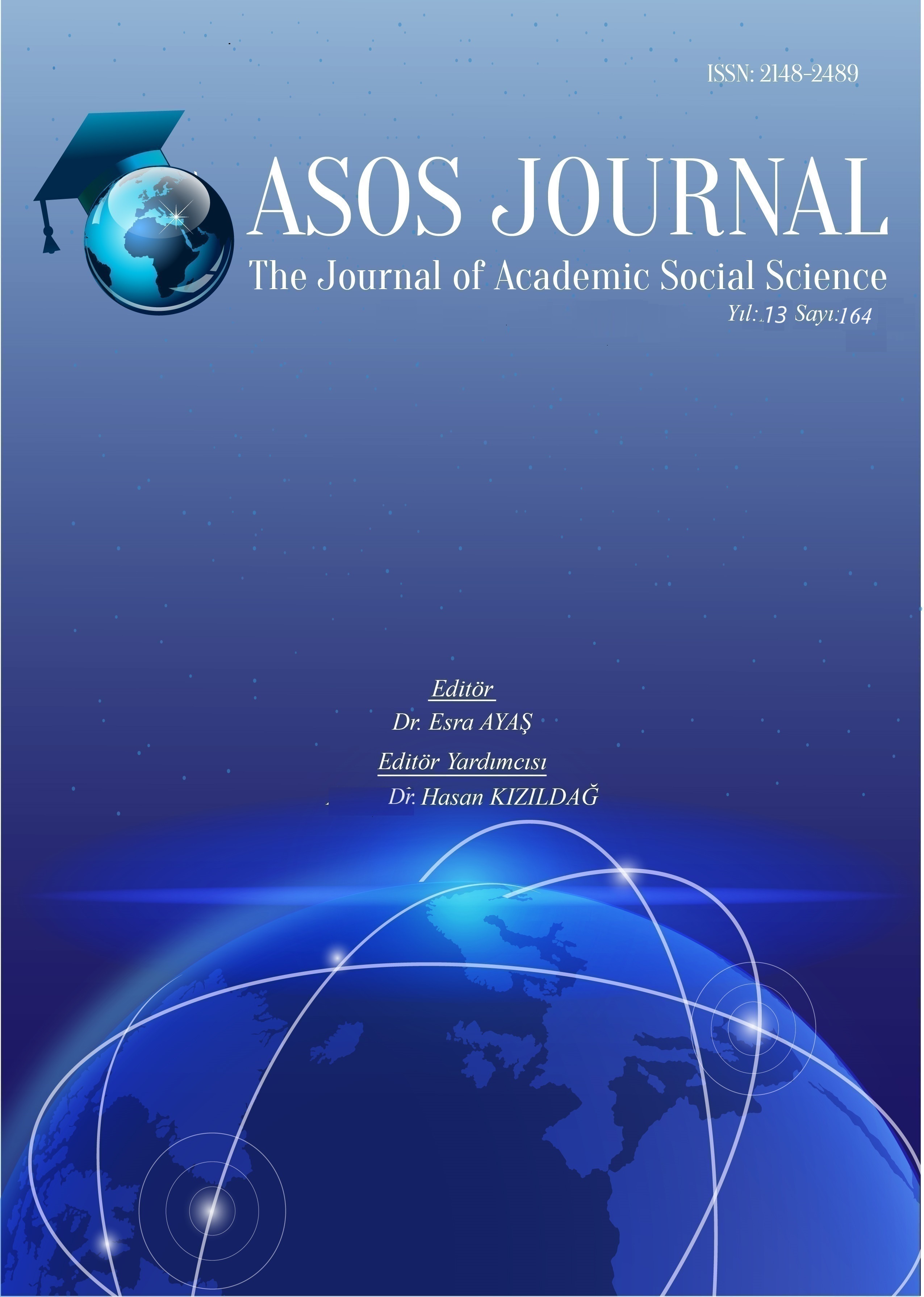Author :
Abstract
Çalışmanın amacı, enflasyon muhasebesi uygulamalarının muhasebe meslek mensupları tarafından nasıl değerlendirildiğini araştırmaktır. Bu doğrultuda, muhasebe uzmanlarının enflasyon muhasebesi ile ilgili görüşleri incelenmiştir. Araştırmada nicel araştırma yöntemlerinden betimsel tarama modeli uygulanmıştır. Araştırmanın evrenini İzmir ilinde görev yapmakta olan muhasebe meslek mensupları oluşturmaktadır. Çalışmanın örneklemini ise seçkisiz örnekleme yöntemi ile belirlenen 305 muhasebe meslek mensubu oluşturmaktadır. Çalışmada kullanılan veri toplama aracı, araştırmacılar tarafından geliştirilen ankettir. Araştırma kapsamında elde edilen verilere betimsel ve içerik analizi yapılmıştır. Yapılan araştırmanın bulguları, enflasyon muhasebesi uygulamalarının muhasebe meslek mensupları tarafından genel anlamda olumsuz bir biçimde değerlendirildiğini göstermektedir. Sonuç olarak, enflasyon muhasebesi uygulamalarının mevcut haliyle, hem mükellefler hem de muhasebe meslek mensupları için ek iş yükü yarattığı, ticari faaliyetlerin durumu üzerinde olumsuz etkiler yarattığı anlaşılmaktadır. Katılımcıların önerileri doğrultusunda, daha basit ve anlaşılır bir sistemin geliştirilmesi, uygulamanın verimliliğini artıracak ve sektördeki belirsizlikleri azaltacaktır.
Keywords
Abstract
The aim of the study is to investigate how inflation accounting practices are evaluated by accounting professionals. In this context, the views of accounting experts regarding inflation accounting have been examined. The research applies a descriptive survey model, which is one of the quantitative research methods. The population of the study consists of accounting professionals working in the city of İzmir. The sample of the study is composed of 305 accounting professionals, selected using a random sampling method. The data collection tool used in the study is a questionnaire developed by the researchers. Descriptive and content analysis was performed on the data obtained in the study. The findings of the research indicate that inflation accounting practices are generally evaluated negatively by accounting professionals. In conclusion, it is understood that the current state of inflation accounting practices creates additional workload for both taxpayers and accounting professionals, and has negative effects on the status of commercial activities. Based on the participants' suggestions, developing a simpler and more understandable system would increase the efficiency of the practice and reduce uncertainties in the sector.





